The Edo state election petition tribunal says it will not limit parties on the number of witnesses to call in the petition filed by the Peoples Democratic Party (PDP) and Osagie Ize-Iyamu, its governorship candidate.
Ahmed Badamasi, chairman of the three-member tribunal, made the submission in its pre-hearing report on Thursday.
The party and Ize-Iyamu, in their petition, are challenging the declaration of Godwin Obaseki of the All Progressives Congress (APC) as winner of the September 28 governorship election in the state.
The petitioners had named the Independent National Electoral Commissioner (INEC), Obaseki and APC as first, second and third respondents respectively in the petition.
Advertisement
The tribunal in its report held that it had distilled five issues for determination with regards to section 31(1) of the electoral act, 2010 (as amended) and paragraph 4(1) of the first schedule.
Badamasi who read the report, also said all preliminary objections and motions touching on the competence of the petition or some paragraphs thereof shall be taken alongside the main petition.
On tendering of documents, the tribunal held that uncontested certified true copies of documents were to be tendered from the bar by each party at the commencement of its case.
Advertisement
It added that such documents shall be accompanied by a schedule showing the markings which should be done in the office of the secretary to the tribunal in the presence of a representative of each party.
The tribunal further held that contested documents “are to be admitted tentatively after taking objections and ruling over them and will be contained in the final judgment”.
While it noted in its report that the tribunal would provide an interpreter, it further submitted that there would be no limit to the number of witnesses that could be presented by each party.
“But the time frame allotted to each party must be respected,” it said.
Advertisement
It said that during examination in chief, witnesses not tendering exhibit would be allotted five minutes and seven minutes to witnesses tendering exhibits.
“Twelve minutes are allotted for cross examination that translates to four minutes to each respondent subject to variations where necessary and three minutes for re-examination,” it said.
The tribunal said it would sit through Monday to Friday between 9 am and 1pm and between 3pm and 6pm, except Saturdays when sitting had been scheduled for between 9am and 3pm.
It, however, added that the content of final written addresses must not exceed 40 pages.
Advertisement
1 comments
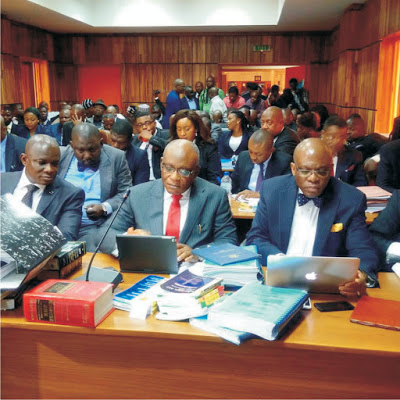

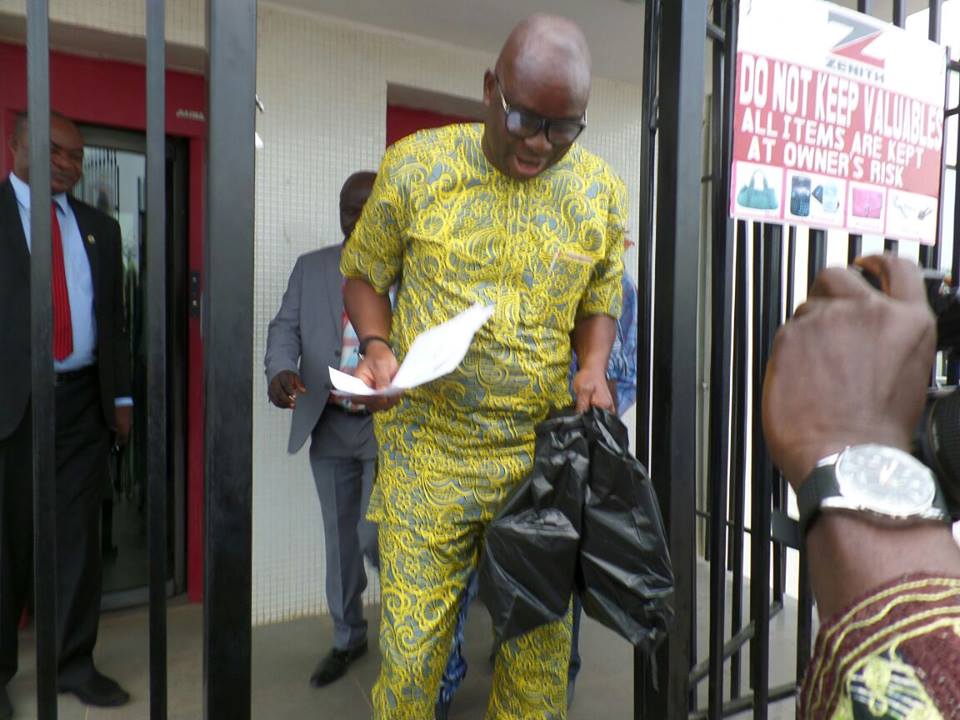

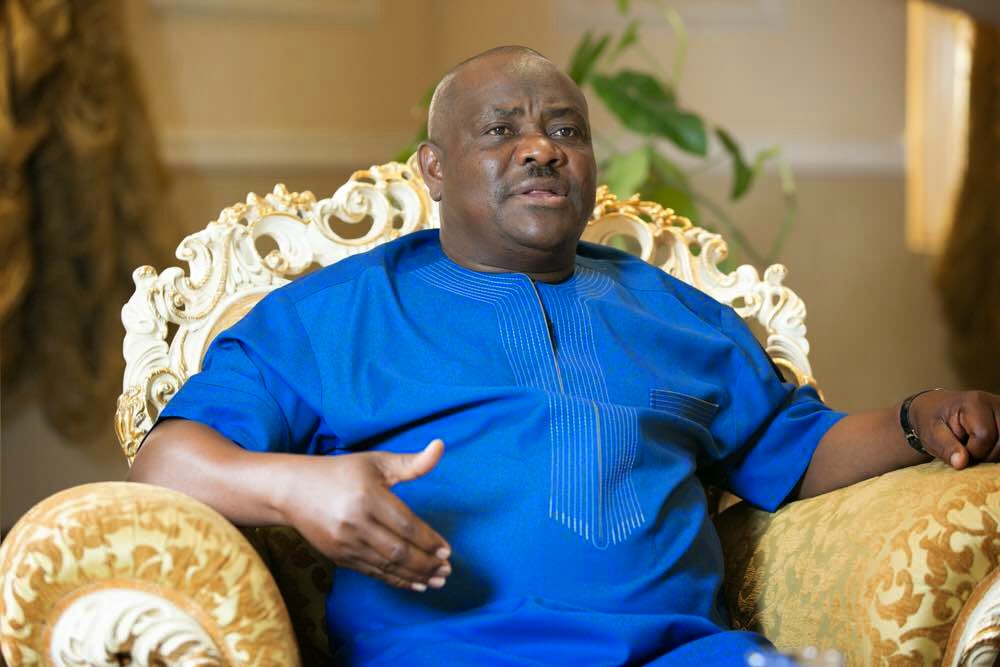
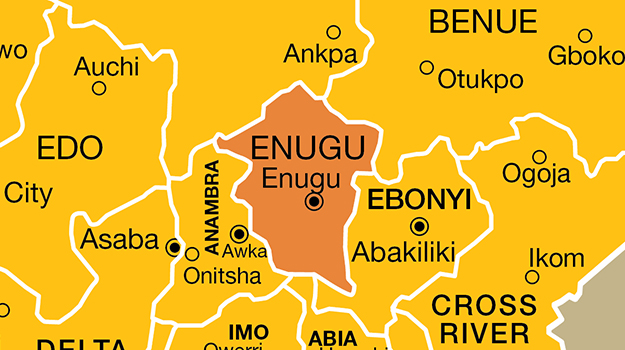
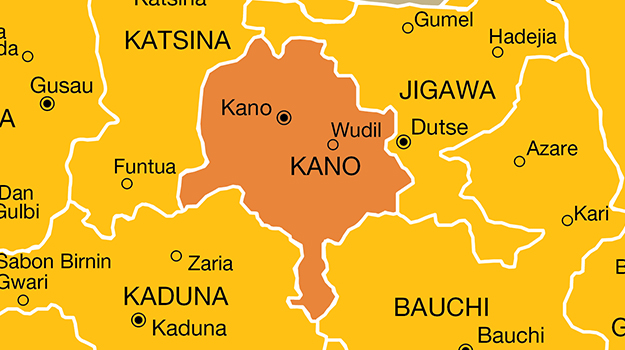
Good one